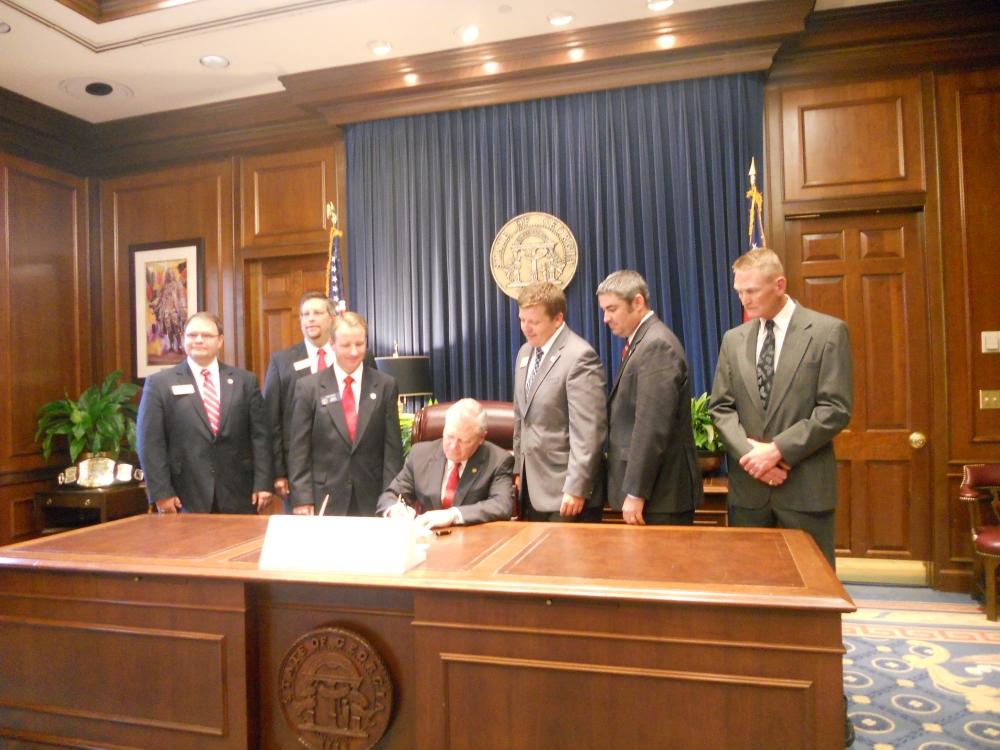
Section Branding
Header Content
Welfare Drug Test Law on Hold
Primary Content

A controversial law requiring welfare recipients to take drug tests is on hold. Attorneys planning to file a lawsuit against the measure are eagerly awaiting the rules.
The law will require applicants to the federal Temporary Assistance for Needy Families to pay for and pass a drug test before receiving benefits.
The law technically went into effect on July 1. But applicants to the program won’t be required to take a drug test until the state finalizes rules for implementing it.
And that could take a while, says Ravae Graham with the state Department of Human Resources.
“For those rules to be promulgated and adopted, it could take three to four months and any rules approved by the DHS board for release will be subject to a 30-day public comment period and a public hearing,” Graham said.
It’s possible the law won’t be implemented until a federal judge hears arguments in the fall on a similar Florida law.
The judge has temporarily blocked the law as unconstitutional, saying it violates people’s Fourth Amendment protection from unlawful search.
Opponents say they will sue over Georgia's law if it goes into effect.
Gerry Weber with the Southern Center for Human Rights says given the amount of constitutional speculation, Georgia officials have a tough task writing the rules.
“Which facilities are capable of doing it? That became an issue in Florida," he said. "Will the locations where the testing can be done be so out of the way that it’s going to be logistically difficult for people? There are just a lot of hurdles for the agency to go through.”
Weber says the Florida and Georgia laws are nearly the same. And he's said courts have ruled on their central point: suspicion-less drug testing. The Supreme Court, for example, says that type of testing is only permissible in cases such as public safety. A school bus driver, for example, can be subject to drug-testing because their job involves safely driving children.
But the law’s backers say it’s constitutional, and will cut down on welfare fraud. And they say the laws differ. For example, it contains a host of exemptions that take into consideration various situations. For example, people on welfare who live in nursing homes won't be subject to a drug test. The bill was also amended so that only one parent has to pass a drug test before a family can collect benefits.
Tags: Florida, federal court, welfare drug testing, welfare drug testing bill, constitutionality
